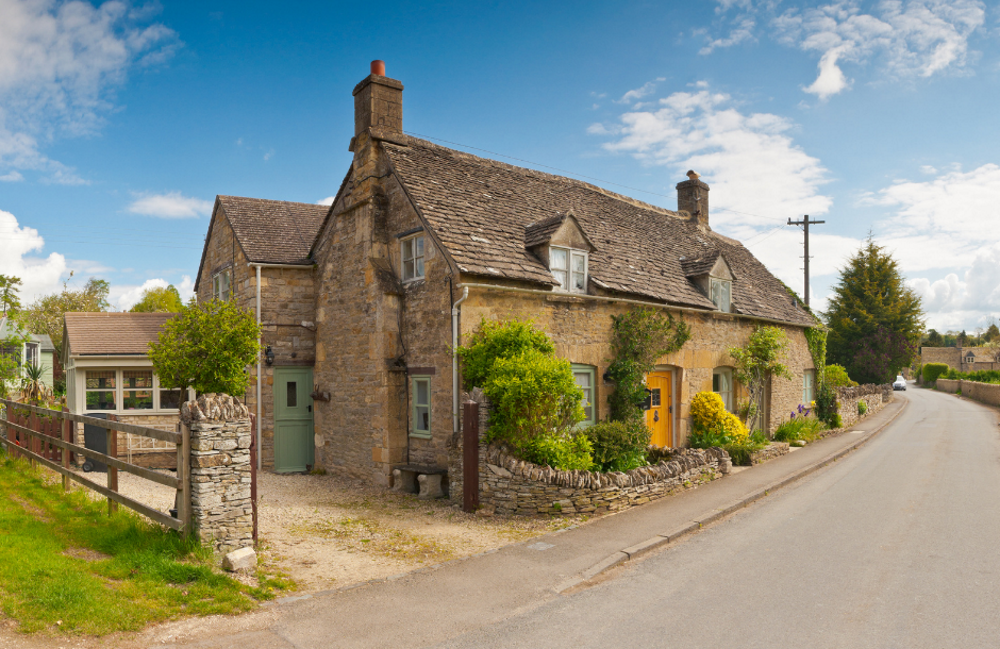T: 01822 851370 E: [email protected]
RSN Voices Serious Concerns Over ‘Fairness’ Of Settlement
Read here...
Renewable rural energy: heating options for rural homeowners on the 2026 deadline

In its bid to reach net zero, the government set a target to electrify heating for off-gas grid properties by 2026. But what are the options for rural homes - and how can we adopt a fair, practical approach to decarbonise rural energy? Liquid Gas UK considers the solutions.
In the ‘Heat and Buildings Strategy’, the government outlines its intent to phase out new oil and gas boilers in favour of heat pumps.
With an end date nine years earlier than the 2035 target for buildings on the gas grid, there are fears a one-size-fits-all policy unfairly penalises off-grid communities.
Many rural properties are poorly insulated and unsuited to heat pumps. High upfront installation and retrofit costs mean they are an expense many households cannot afford.
Empowering rural homes with low carbon choices

Localis, the independent think-tank, published a report into the changes, calling on the government to bring the 2026 deadline in-line with the 2035 date for on-grid properties – and to work with industry to explore the role biofuels can play in decarbonising off-grid homes.
As the trade association for the liquified petroleum gas (LPG) industry, Liquid Gas UK has committed to being part of the future energy mix with 100% renewable fuel by 2040.
Improving energy efficiency
Research from the RSN suggests rural homes are less energy efficient with 60 percent having an EPC rating of D or below.
Improving the fabric of countryside properties should be central to any plan for achieving energy efficiency. These fixes leave homes in better condition for electrified heat pumps and reduce energy bills.
The Energy Saving Trust has lots of tips on reducing heat loss.
Renewable liquid gases – a fuel for the future
LPG is already the lowest carbon traditional fuel for off-grid heating but a £260 million investment in renewable liquid gases means we have now a green alternative.
One such gas, bioLPG, is chemically identical to standard LPG but with 90% less carbon emissions. It is made from renewable sources such as cooking by-products, household waste and plants.
It can be ‘dropped-in’ to existing boilers, tanks and appliances – making it the perfect fuel to avoid investing in new heating equipment.
rDME is another renewable fuel the industry is investing in. It refers to dimethyl ether produced from renewable or recycled carbon feedstocks. It is easily transported like LPG and bioLPG and can reduce carbon emissions by up to 85%.
Hybrid heat pumps
Hybrid heat pumps are currently available, allowing homeowners flexibility to control when and how their heat pump operates. They use a backup boiler which can be powered by bioLPG or rDME.
In our survey of off-grid households, 72% would prefer a back-up boiler if using an electric heating system. The government has acknowledged the potential of bioLPG as part of a hybrid heating system.
We must ensure rural communities have a voice and a choice in transitioning to clean energy. For more information, visit OffGridGreen.co.uk.



